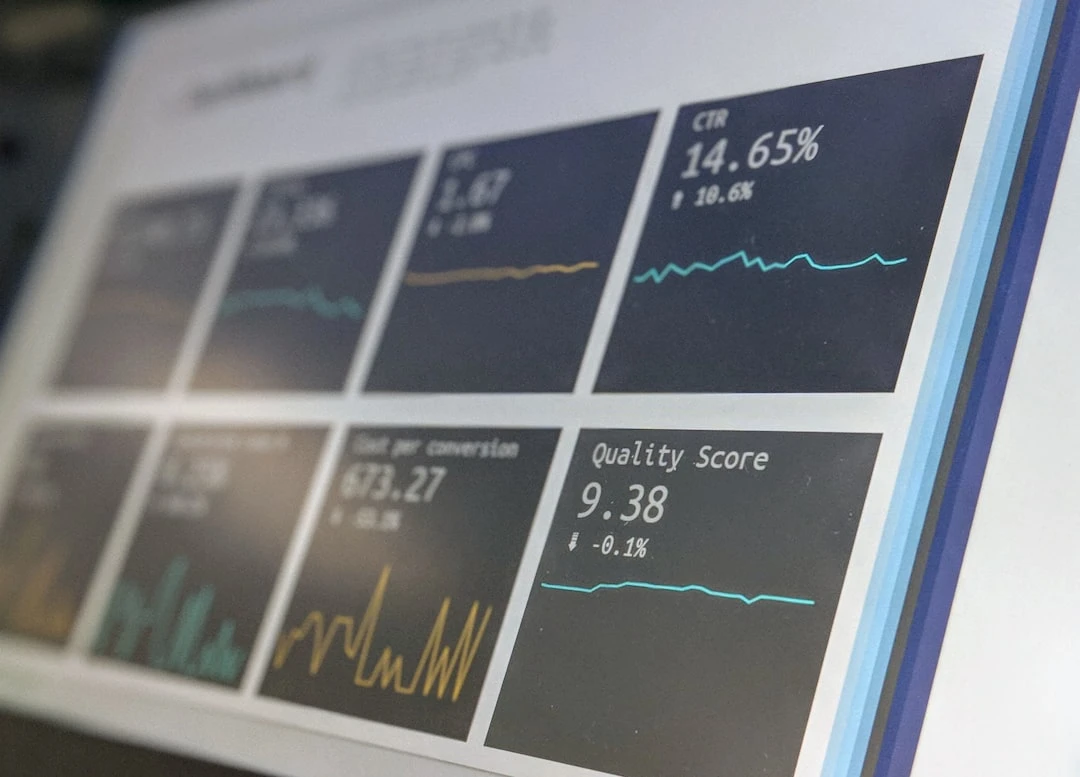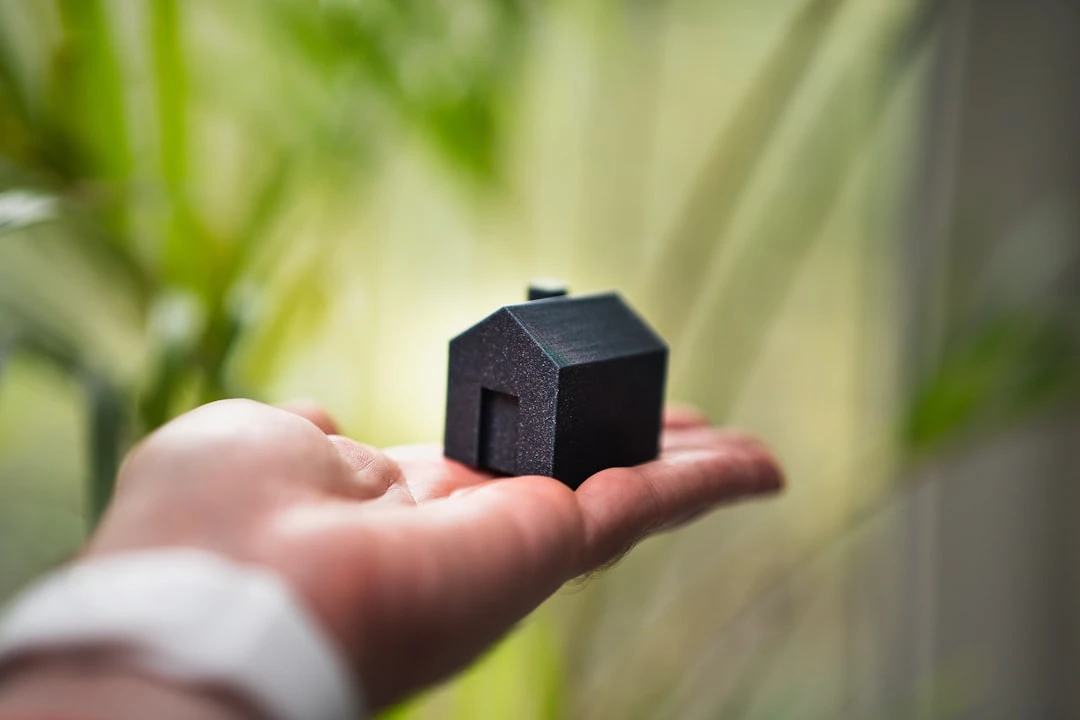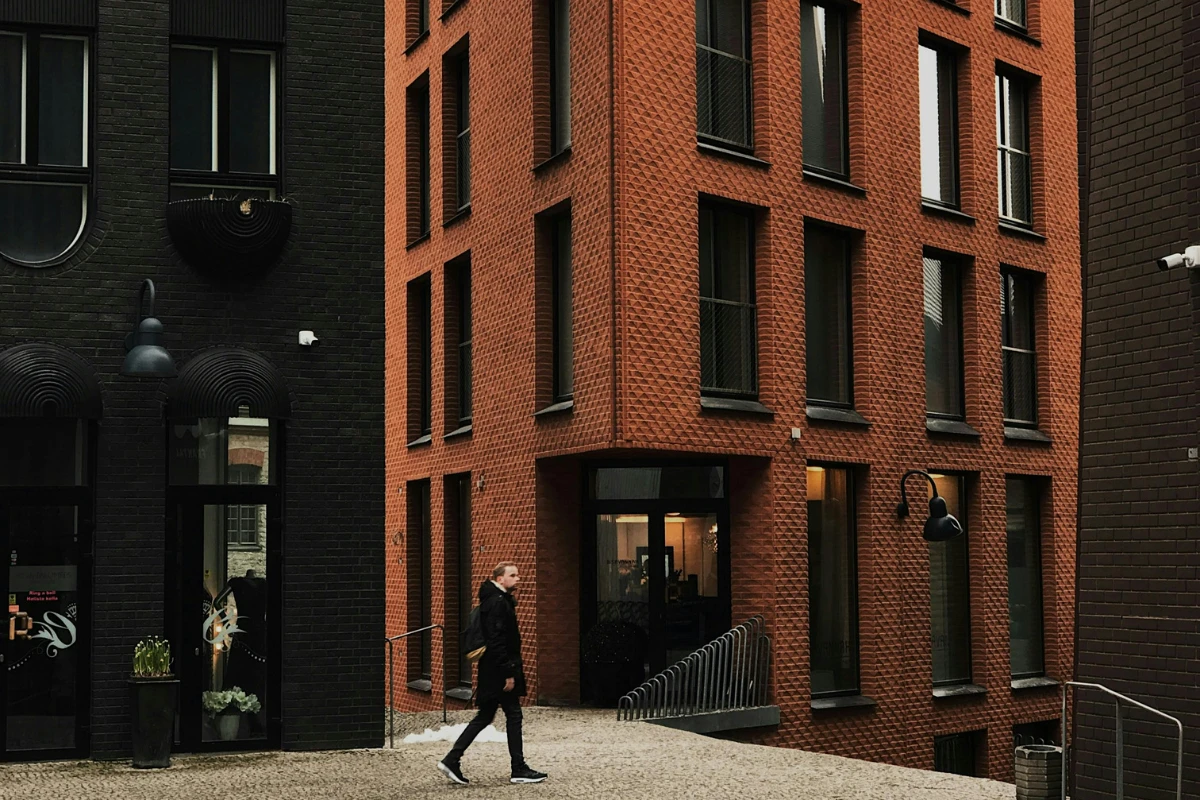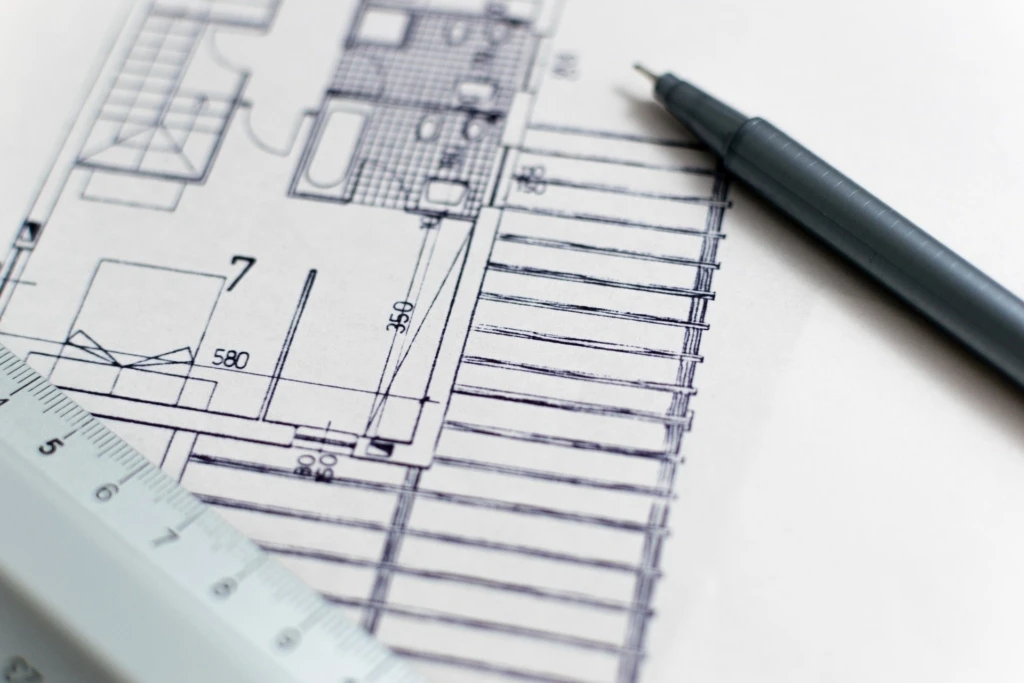Home Expenses – What Every Homebuyer Should Know?
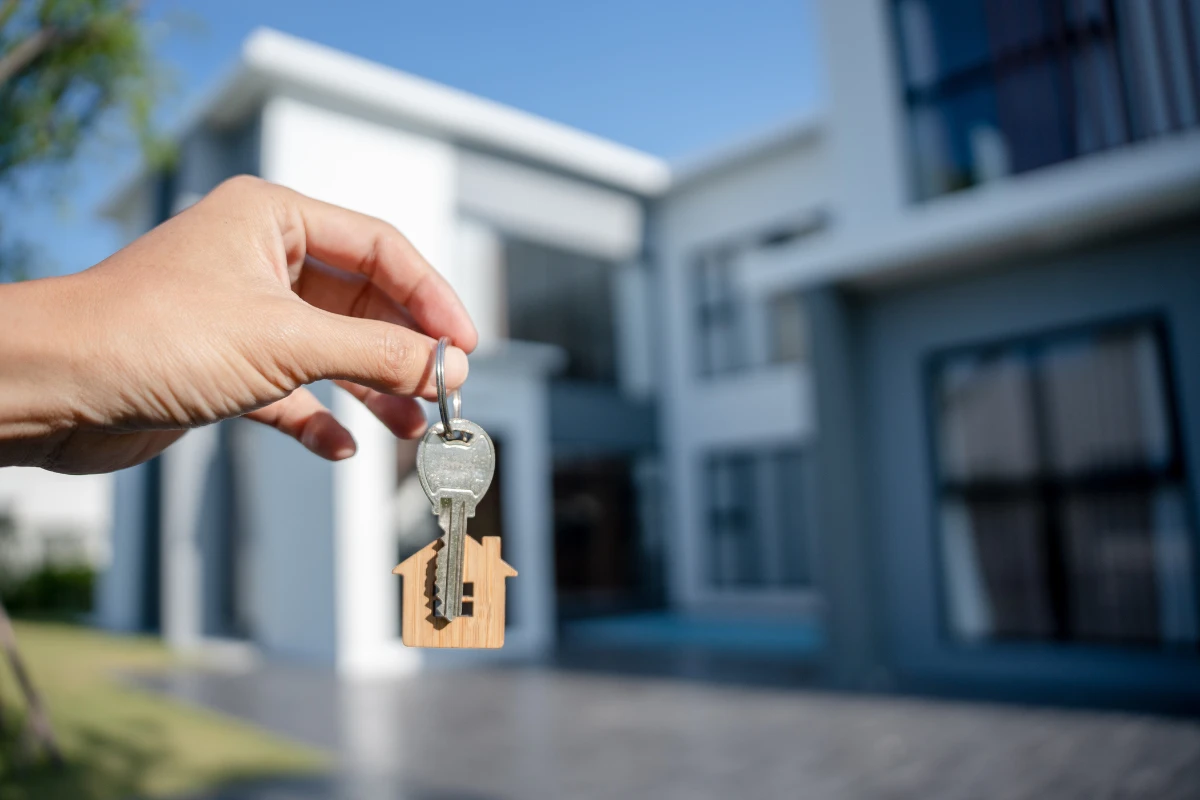
Housing costs often make up the largest part of our monthly expenses. For this reason, when buying a home, it's important to consider not just the real estate price, but also additional costs that will affect the owner's budget for a long time. Anne Pärgma, head of residential lending at Swedbank, shares thoughts on what to pay attention to when planning a home purchase.
1. Regular maintenance costs of the property
When buying a home, it's worth starting from your family's needs – a smaller home generally also means smaller maintenance costs. If you want to get an idea of what the actual utility costs are, ask the property seller to show you previous summer and winter bills. In a poorly insulated house, heating in winter months can be surprisingly expensive.
If you're planning to change homes, it's worth considering the possibility that you might maintain two residences for some time. For example, it can happen that your new home isn't ready yet, while the old one is already sold and the new owners want to move in as quickly as possible. In such situations, you need to be prepared for additional costs, such as rental accommodation and storage space for your belongings.
2. Homeowners' association fees and repair fund
When choosing a new home, it's important to investigate the condition of the apartment building. Has the building been renovated? Have the roof, plumbing, or electrical system been updated? It's also worth checking whether the homeowners' association has any major repair work planned in the near future and how these costs will be divided among apartment owners. If you know in advance that costs are divided by apartments rather than square meters, then you know to be prepared for potential disputes. If the building's energy class is low, utility costs in winter could be much higher than you might initially expect.
A well-managed homeowners' association and a regularly maintained building are definitely a plus. In the long run, renovation work helps reduce energy costs and increase property value. At the same time, you should be aware that repair fund payments can affect your monthly costs for years to come.
3. One-time transaction and moving-in costs
Buying a home doesn't end with just paying the purchase price. If you're buying a home with a loan, there are one-time costs added to it: a property appraisal, contract signing fee, notary fee, and state fee. Depending on the transaction price and whether sufficient collateral has already been set, the fees can vary. Don't hesitate to ask the notary's office well in advance of the transaction about the approximate amount of costs – this way you can avoid surprises in your budget.
When moving into a new home, it's quite common to want to refresh the interior and acquire newer furnishings. With good planning, you can avoid unexpected or, in hindsight, pointless expenses.
4. The impact of loan interest
Currently, the Euribor rate associated with home loan interest has started to fall again, but the future is unpredictable. Economists make short-term forecasts, but home loans are taken out for an average of 26 years. Right now, no one can predict what lies ahead in 10 or 20 years. History shows this too: a couple of decades ago we had high Euribor, then Euribor fell into negative territory for nearly seven years – something that wasn't considered possible before that. Now Euribor is positive again and has started to decline from its peaks. Therefore, it's important to assess whether loan payments will remain affordable even if interest rates rise. For example, even a couple of percentage point increase can significantly raise your monthly payment.
It's also a good idea to create a savings buffer to cover at least three months of monthly costs. Such a safety net helps you cope better in case of unexpected situations.
5. Insurance – necessary peace of mind
When taking out a loan to purchase a home, you need to think about managing risks if something happens to the property or the borrower. Insurance is the first choice for both protecting the property and life insurance. Insuring an apartment or house protects both the owner and the lender. For example, due to a major fire or flood, families without insurance can find themselves in a very difficult situation. However, proper insurance coverage helps cover the costs of home restoration.
When choosing insurance, always think about what coverage you need, and base your decision on that – not just on the mandatory coverage that only provides collateral security for the bank.
In summary
Buying a home is a major and thoughtful decision that requires thorough preparation. In addition to the purchase price, it's important to account for monthly and one-time costs, the home's energy efficiency, and to prepare for unexpected expenses that may arise in the future. The more thoroughly you plan the purchase, the more certain you can be that the chosen home is suitable and affordable in the long term, and that living there will bring you joy.

